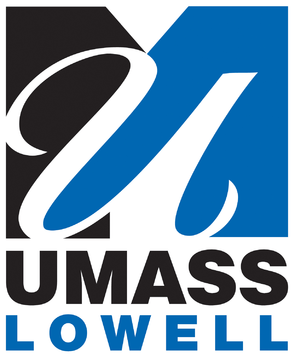
Advanced Electronic Technology Center We believe in Converting Dreams to Reality
Mission Statement
The AETC was established in November of 1990 by a seed grant from the MITRE Corporation. AETC being a part of the educational institution sees its educational mission in giving an opportunity to all ages of school students (middle school, High school, College) to try scientific topics and, to study engineering. AETC initiated in 1988 Young Engineers Academy to allow all group of students to study engineering. In its educational mission, the Center promotes participation of graduate, undergraduate, and high school in AETC research. After exposure to professional training for number of years, students are ready to the challenges of a technology-oriented workplace.
Development of reliable manufacturing for giga-scale miniaturization technology is the task to be performed in linkage with supporting companies as M/A-COM, MITRE, Polaroid, Raytheon, Triton Systems and others. AETC contributes to UMASS technology transfer by patenting and publishing novel R&D developments, yet working at the same time in such fundamental fields as solid-state physics, quantum electronics, and fundamentals of computer design.
RESEARCH AREAS
Quantum Electronics and Optoelectronics, Semiconductor Devices, Modeling and Design, Biomedical Engineering, Solar Cells, Analog-to-Digital Converter Design, Design for Reliability, Multi-Gigahertz Testing, Embedded Testing
Click on relevant links for courses, publications and members of AETC
Projects
The Advanced Electronics Technology Center's research mission is development of reliable manufacturing for giga-scale miniaturization technology, to be performed in linkage with supporting companies. Current projects, AETC is focussing on:
High Electron Mobility Transistors (HEMTs) with Tailored Field (TF).
Development of novel quantum well transistors.
Measurements of noise in amplifiers.
Systems for information coding and scrambling.
Optoelectronics for Forensic Investigations and for Perimeter Security Systems.
Electronics for bio-engineering. Infrared medical diagnostics. Contactless fingerprint technology. Measurements of biological currents and voltages. For more information about the lab and the projects, check the link of Prof. Sam Milshtein Biomedical lab
Low-cost test methodologies for complex system-on-chips – project A: Adaptable design-for-testability (DFT) methods for digital and mixed-signal circuits; – project B: Non-intrusive signal aalysis of multi-GHz clocked circuits
Emerging design-for-reliability and testability techniques and methodologies – project: Reliability and life-testing of compound semiconductors
Low-power high-bandwidth architectures for parallel processing – project: Adaptable processing-in-memory based architectures terahertz circuit design - project: Room temperature ballistic terahertz transistors and circuits.
